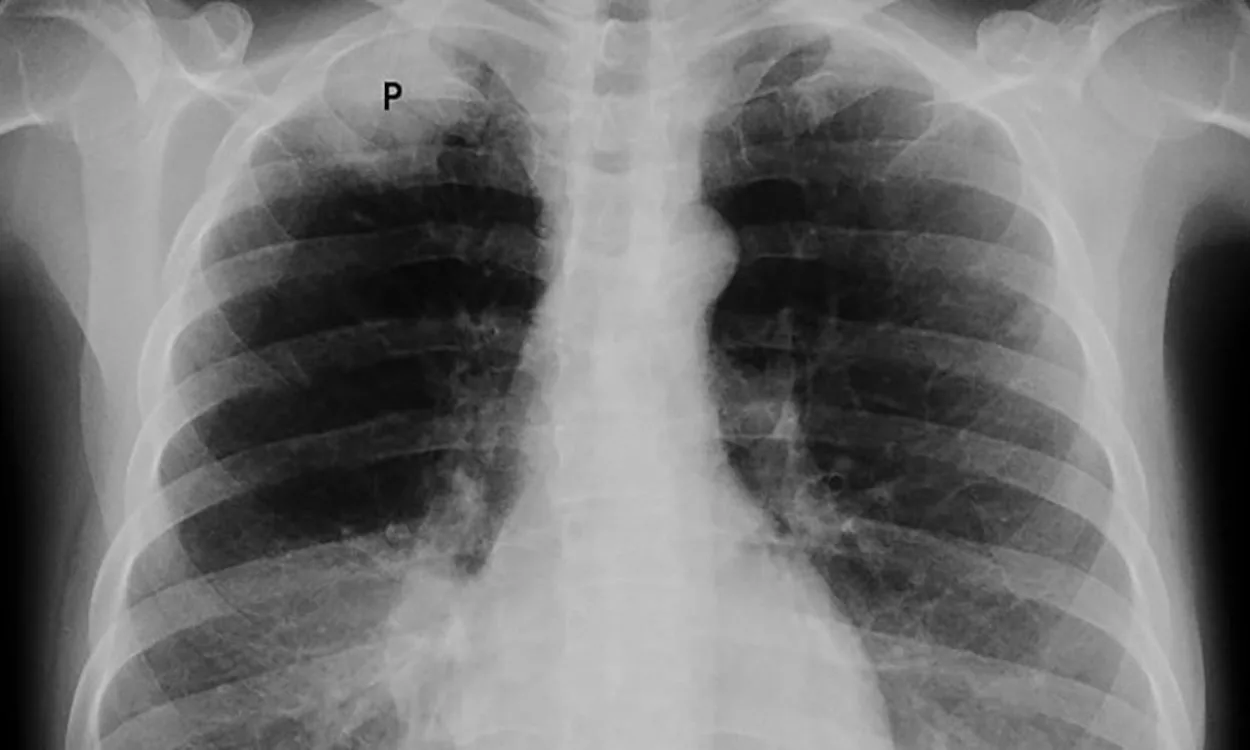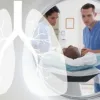How is Lung Cancer Diagnosed?
Lung cancer is a serious and potentially life-threatening disease that requires early detection and proper diagnosis for effective treatment. In this article, we will explore the various methods and procedures used in diagnosing lung cancer.
1. Medical History and Physical Examination
- When a patient presents with symptoms such as persistent cough, shortness of breath, chest pain, or unexplained weight loss, the doctor will begin by taking a detailed medical history.
- The doctor will also conduct a physical examination, focusing on the chest and lungs, to look for any signs of abnormality or potential lung cancer.
2. Imaging Tests
- Chest X-ray: This is usually the first imaging test performed to identify any abnormalities in the lungs, such as the presence of tumors or masses.
- CT Scan: A computed tomography (CT) scan provides more detailed images of the lungs and can help determine the size, location, and spread of any tumors.
3. Sputum Cytology
- Sputum cytology involves examining the phlegm or mucus coughed up from the lungs for the presence of cancer cells.
- This non-invasive test is often used when the tumor is located near the airways and can be easily sampled.
4. Biopsy
- A biopsy is the definitive method for diagnosing lung cancer. It involves the removal of a small tissue sample from the suspicious area for further examination.
- There are different types of biopsies:
- Needle Biopsy: A thin needle is inserted into the lung tissue to collect a sample.
- Bronchoscopy: A flexible tube with a camera is inserted through the nose or mouth into the lungs to visualize and collect tissue samples.
- Thoracentesis: If there is fluid buildup around the lungs (pleural effusion), a sample of the fluid can be taken for analysis.
5. Molecular Testing
- Molecular testing analyzes the tumor tissue for specific genetic mutations or biomarkers that can help determine the best treatment options.
- This testing can identify if targeted therapy or immunotherapy is suitable for the patient.
6. Staging
- Once lung cancer is diagnosed, further tests are done to determine the stage of the disease.
- Staging helps in understanding the extent and spread of cancer, which guides treatment decisions.
7. Fitpaa App: Your Health & Fitness Companion
Now that we have discussed the diagnosis of lung cancer, it’s essential to prioritize your overall health and well-being. The Fitpaa app can be your trusted companion in maintaining a healthy lifestyle. Here’s how Fitpaa can help:
- Metabolism Assessment: Fitpaa offers a comprehensive metabolism assessment to understand your body’s functioning and identify areas for improvement.
- Fitpaa Capsule: With personalized fitness plans and expert guidance, Fitpaa Capsule helps you achieve your health and fitness goals while optimizing your metabolism.
- Real-time Guidance: Fitpaa provides real-time guidance and reminders to keep you motivated and accountable throughout the day.
- Fitness Tracker: The app includes a virtual workout trainer, diet tracker, performance tracker, and progress tracker to help you monitor your fitness journey.
- Expert Support: Fitpaa connects you with a team of fitness planners, nutritionists, and doctors who review your progress regularly and make necessary adjustments to your plan.
Download the Fitpaa app today and begin your journey towards a healthier life. Your well-being is our mission!
Note: Fitpaa is a result-driven health and fitness app trusted by thousands of users in India. Its all-in-one approach combines medical therapy, exercise therapy, nutritional therapy, and behavioral therapy to deliver guaranteed results.









